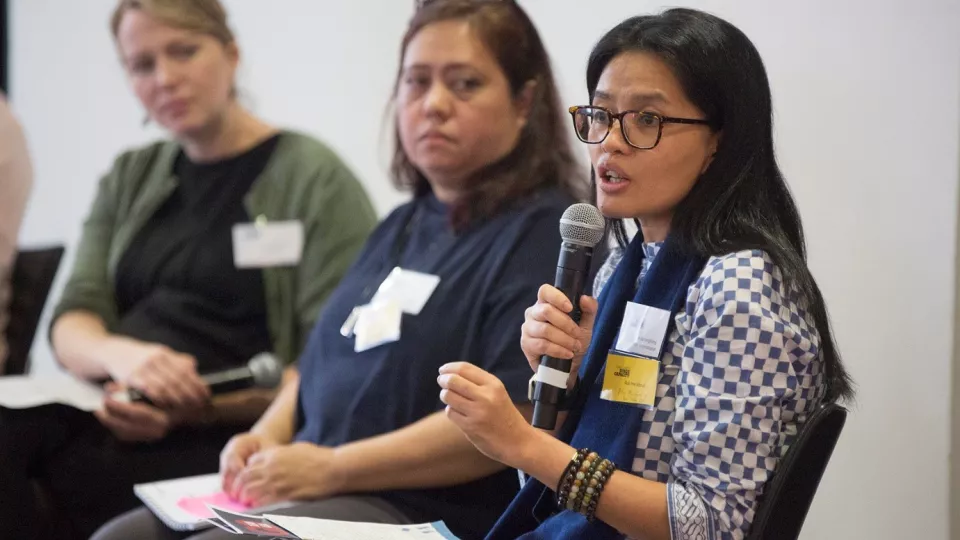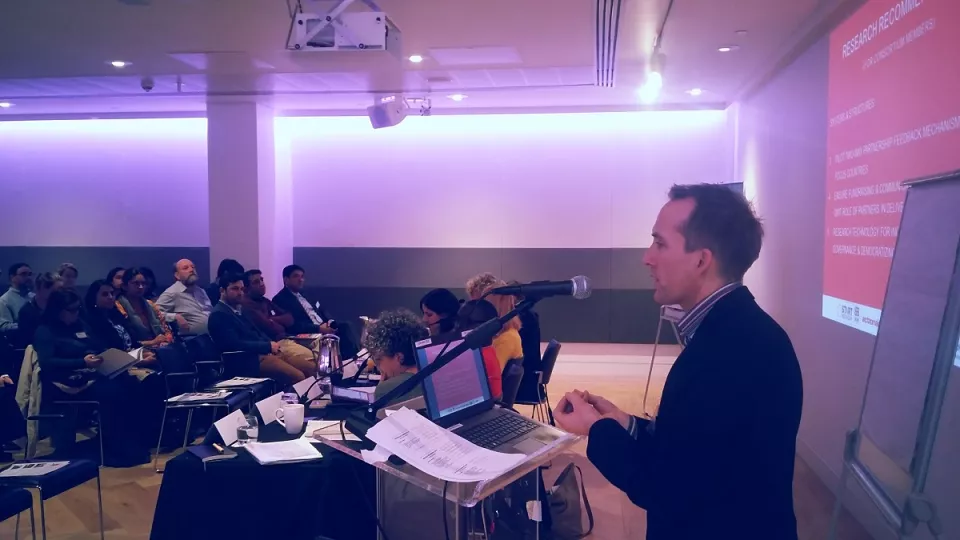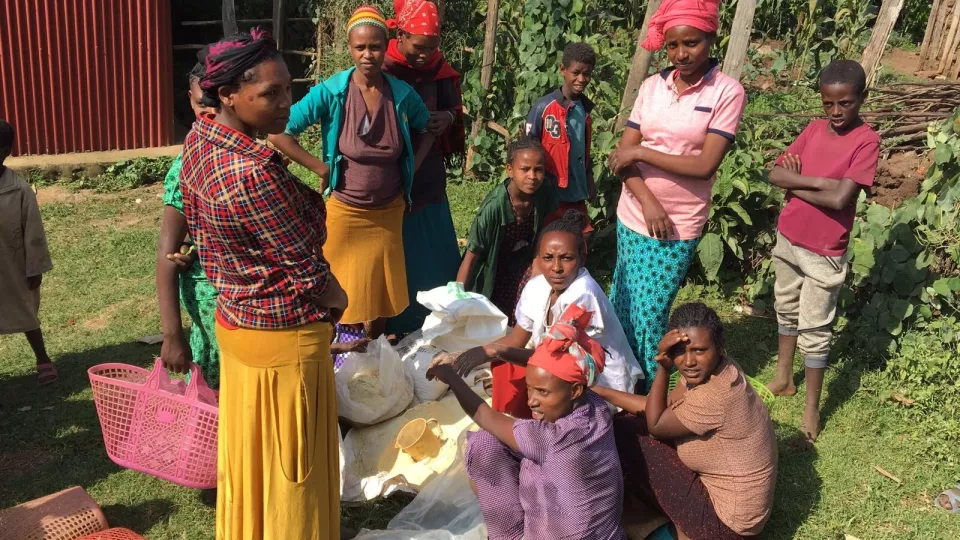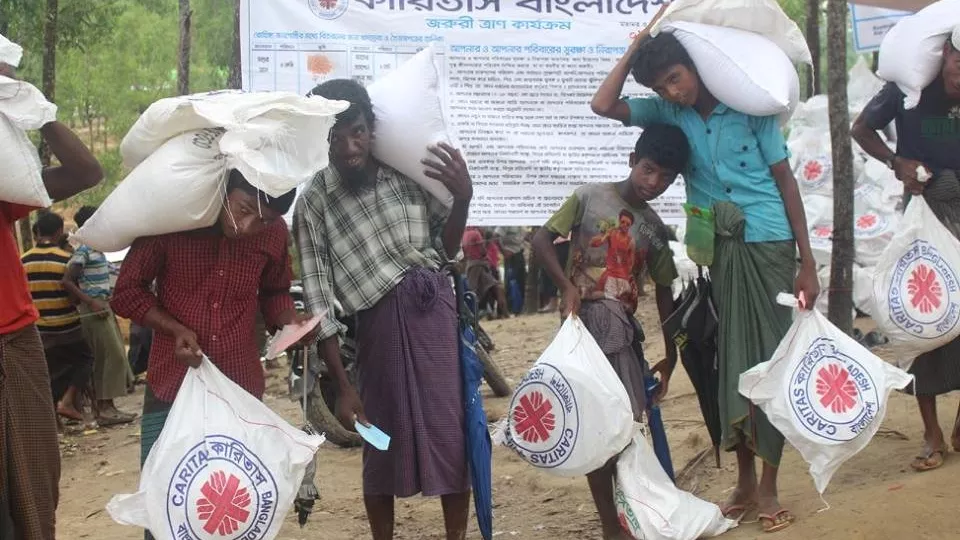
The Future for Humanitarian Surge: A Locally led Response
Haben Habteslasie is the Advocacy and Communications Advisor for the Disasters and Emergencies Preparedness Programme. Part 1, "Building the roadmap to 2030" and part 2, "Shifting the power to local and national NGO's" from the series - Reflections from DEPP Resilience Week - are also available to read.






